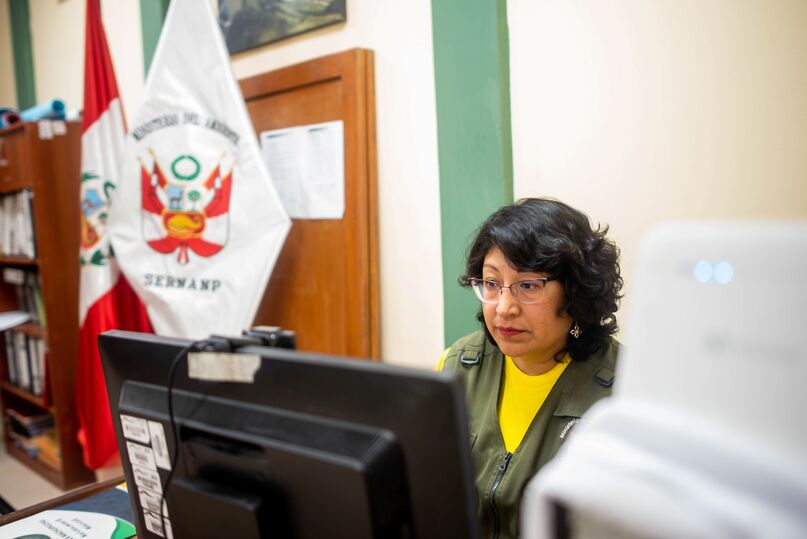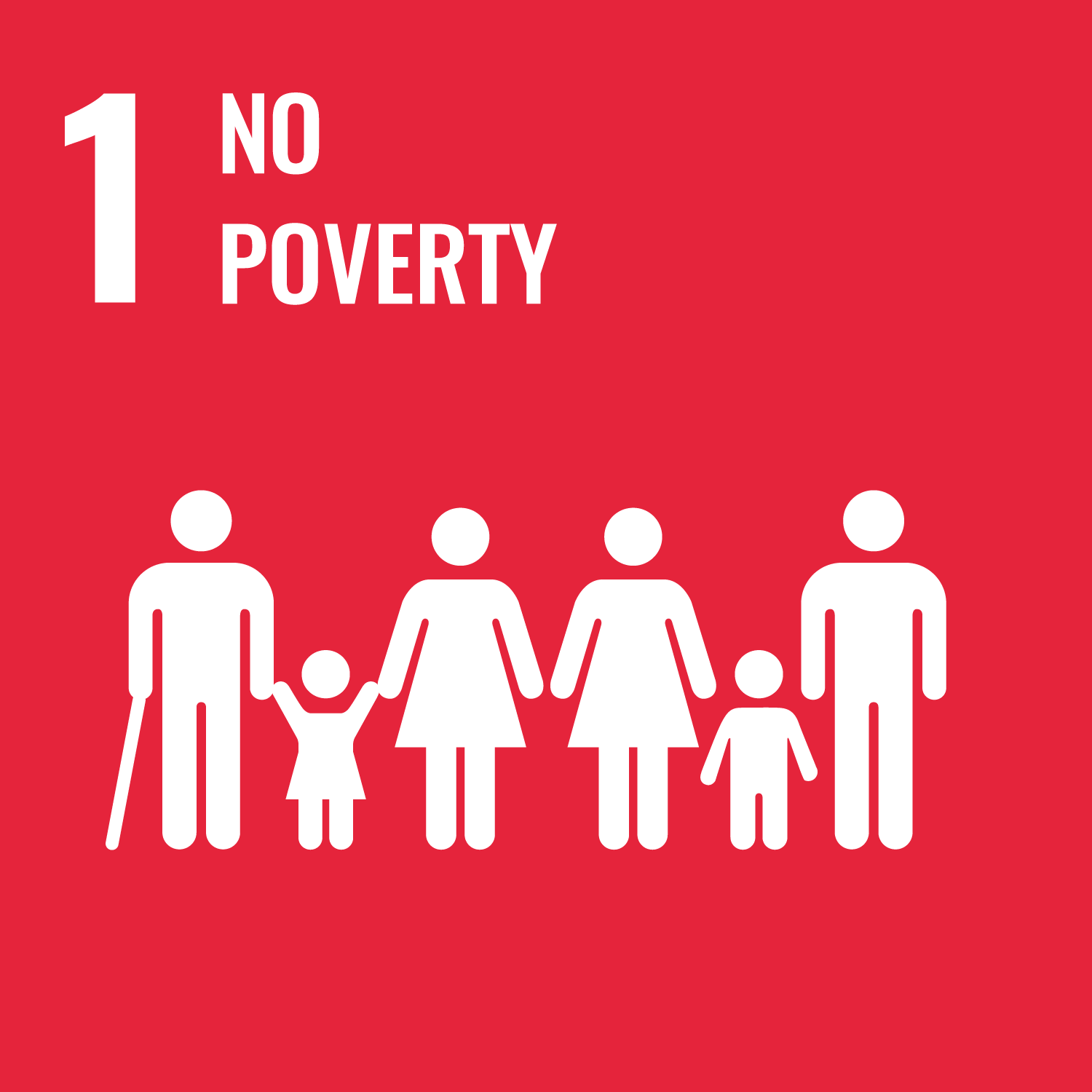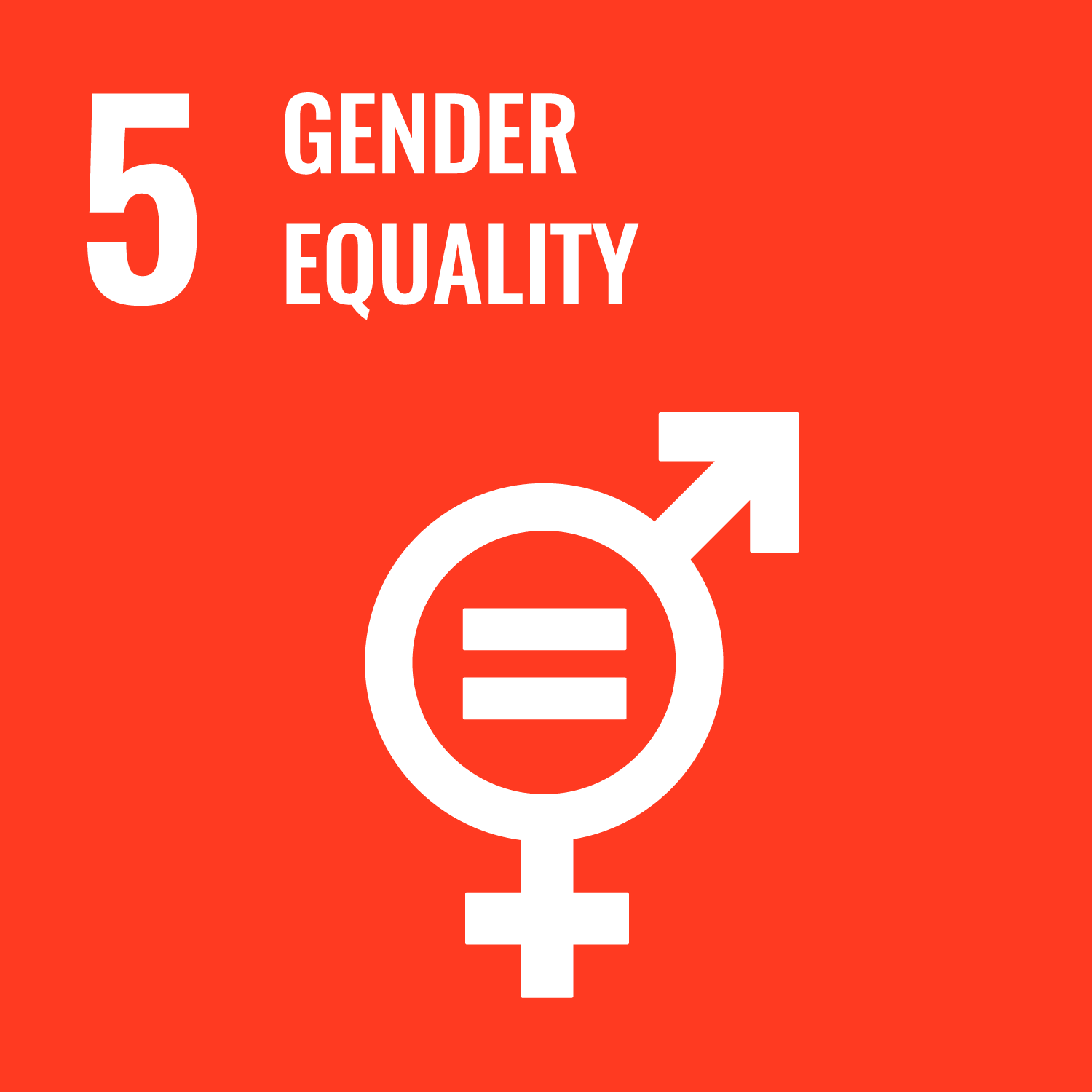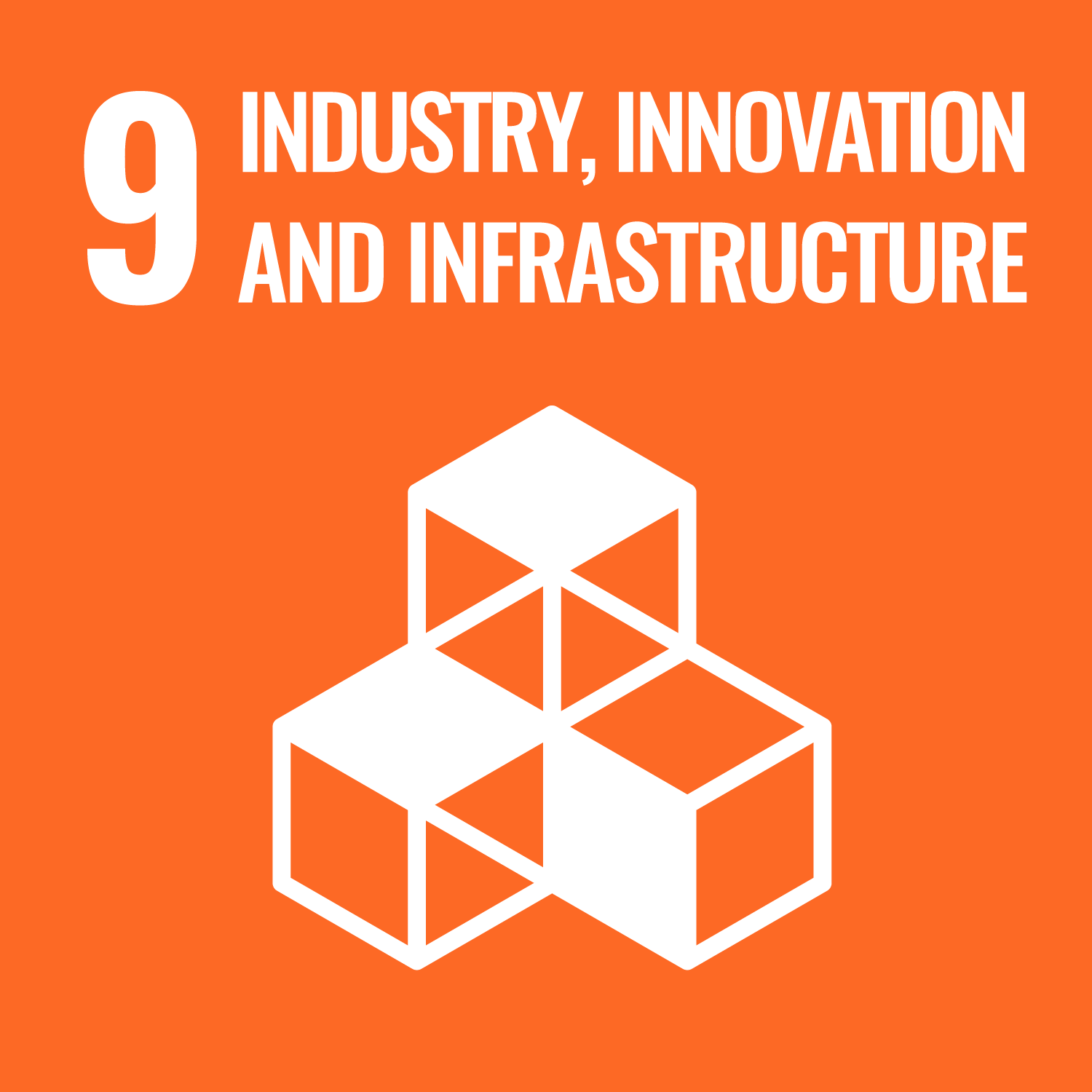Women-to-women digital learning essential for sustainable forestry
8 March 2023

Jessica Morón uses a digital platform developed by the Peruvian Forest Service (with support from ITTO) for the early identification of fire hotspots in Peru’s Historic Sanctuary of Machu Picchu. Photo: Gisela Delgado
Yokohama, Japan, 8 March 2023: Celebrating International Women’s Day, ITTO Executive Director Sheam Satkuru and ITTO Fellowship awardee and journalist Talía Lostaunau called for stronger commitments to include women in digital and technological advances, hence enabling creative solutions for an equitable future in facing environmental challenges, including by facilitating women-to-women learning.
International Women’s Day is a global day celebrating the social, economic, cultural and political achievements of women, and it also marks a call to action for accelerating women’s equality. The theme of International Women’s Day this year is DigitALL: innovation and technology for gender equality.
Ms Lostaunau reported that 37% of women worldwide lack access to the internet, compared with 31% for men. She cited a 2022 report estimating that the exclusion of women from the digital world has cut USD 1 trillion from the gross domestic product of low- and middle-income countries in the last decade.
“I hope that the celebration of International Women’s Day this year will raise awareness on how important the inclusion of women is in digital and technological advances,” she wrote.
Ms Lostaunau, a national of Peru, described the role of Jessica Morón, who works to prevent forest fires in Peru’s Historic Sanctuary of Machu Picchu. Ms Morón, she said, uses a digital platform developed by the Peruvian Forest Service (with support from ITTO) for the early identification of fire hotspots in the protected area, thus enabling a rapid fire-suppression response.
“Like Jessica, many women are using digital tools and other technologies to conserve fragile ecosystems,” wrote Ms Lostaunau. “They should be the source of inspiration so that other women—especially young women and girls—are encouraged to include digitalization in their professional and personal lives.”
Speaking on the International Women’s Day, ITTO Executive Director Sheam Satkuru urged more commitment to ensure gender equality in access to the digital world.
“We know that women and girls have extraordinary capacity for innovation in forestry, so their lack of access to digital technologies is holding us all back,” she said. “ITTO is fully committed to gender mainstreaming and enhancing gender equality outcomes across its policy and project work, including through equitable digitalization and the utilization of the ITTO policy guidelines on gender equality and empowering women.”
Numerous ITTO projects have empowered women, including two in Africa that have enabled women to increase their incomes through agroforestry. In Côte d’Ivoire, with assistance from an ITTO project, the MALEBI women’s association restored a 100-hectare area in the Ahua gazetted forest to ensure the continuous supply of wood for their charcoal business while cultivating food crops. They use the income derived from their agroforestry and charcoal enterprise to fund their children’s education, grow their business, and equally important achieve financial independence.
In Togo, an ITTO initiative in Blitta and Lacs prefectures has enabled close to 150 women to restore degraded landscapes, adopt agroforestry practices and increase food security for their families. The work, which has been underway since January 2021, is being implemented by the African Women’s Network for Community Management of Forest (REFACOF), with financial assistance from Soka Gakkai.
Ms Satkuru said that increased and equitable access to digital technologies can bolster scaling up such initiatives.
“Many small communities around the world are achieving extraordinary successes and want to share their ingredients of success and also learn from others,” she said. “Women-to-women learning is incredibly powerful, but even so, we are yet to see its true might. Greater access to information and communication technologies will enable women around the world to learn from each other and hugely scale up their successes.”
Ms Satkuru said that women-led businesses are often also held back by a lack of access to markets, which gender-equitable digitalization can help overcome. She noted that ITTO’s Legal and Sustainable Supply Chains training modules are available online at no charge, but users require internet access.
“The sooner the internet is accessible to everyone, the sooner women and men in all communities can take advantage of the incredible resources and opportunities now available for, amongst other matters, learning and for growing forest-based enterprises,” she said.
“As an international organization, ITTO strives to have a balanced workforce between the genders and I can proudly say we are at almost equal ration between women and men”, she noted.




